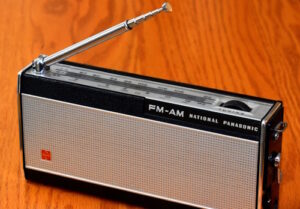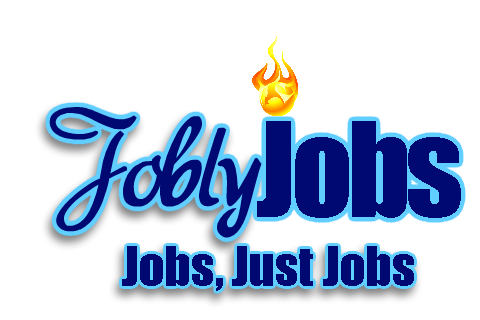Old tech is sometimes the best tech
 Old tech encompasses a wide range of things – from typewriters to transistor radios to email. Some old tech is still being used, almost unchanged – think of dress shoes or blue jeans. Other old tech has disappeared (faxes, anyone?), or become a hobby instead of a necessity (vinyl records, for example).
Old tech encompasses a wide range of things – from typewriters to transistor radios to email. Some old tech is still being used, almost unchanged – think of dress shoes or blue jeans. Other old tech has disappeared (faxes, anyone?), or become a hobby instead of a necessity (vinyl records, for example).
So what does this have to do with job boards? Well…
Let me introduce you to the job alert. This popular candidate feature has been present in the job board industry almost since the beginning. It is definitely old tech. So why does it survive? The job alert solves a number of important problems for the average job board, such as:
- Reengagement: The largest single expense for most job boards is candidate acquisition. SEO, SEM, social media – every marketing channel used to bring in candidates costs either time or money (or both). What do you get for your efforts? A single visit from a candidate to your site or app or platform. That’s it. There is no guarantee that the candidate will ever return. Unless…you convince the candidate to create a job alert! Just think – once a day or week or whatever, the candidate will see jobs from your site. Jobs that are based on the criteria that the candidate requested. Will they come back? More than likely!
- Higher quality traffic: As mentioned above, when a candidate responds to a job alert – clicking to view specific jobs – they are probably seeing the exact type of job they want to see. Why? Again, because they set the criteria – location, job title, sector, etc. So what happens when they reach your site? They will spend more time looking at the jobs. They will be more likely to apply to the jobs. And they will be more likely to view other content on your site. The result? Better outcomes for your employers – and your candidates.
- Lower candidate acquisition costs: Each job alert created will lower your candidate acquisition costs. Why? Because you won’t be paying to acquire that same candidate again – they are very likely to return to your site when they received their job alert. Most successful job boards rely on job alert traffic to keep their acquisition costs down and their job response rates up. Job alert traffic can account for as much as 40% of a site’s total traffic – and of course, that’s traffic that they are not paying to acquire.
So why do some job boards fail to offer job alerts? Maybe they don’t care about reengaging with the candidate. Or maybe high quality job applications aren’t important for their business. Or maybe they don’t care about spending the same money over and over to acquire the same candidates, over and over.
But if those things do matter to you – well, make sure you have job alerts. Make sure they’re super-easy to set up – one good model is to “turn a job search into a job alert“. Keep the friction down – the only things you want from the candidate are their email address and the job criteria. Nothing else.
Trust me – if you offer a job alert, and keep it simple, and make it obvious, the job alert will treat you well. This is one case of old tech being the best tech!
[Want to get Job Board Doctor posts via email? Subscribe here.].
[Check out the JobBoardGeek podcast archive!]



